
The United Nations has reaffirmed its backing for Africa’s campaign to overhaul the international financial system, arguing that current global financing structures no longer meet the needs of developing economies.
African governments, development institutions, and UN agencies have increasingly criticized the governance of major lenders and other Western-dominated institutions. They argue that lending conditions and decision-making frameworks have contributed to rising debt pressures and limited countries’ ability to shape their own development agendas.
Africa’s public debt reached about USD 1.8 trillion in 2022, according to UNCTAD and the UN Economic Commission for Africa (UNECA). Servicing that debt has placed a heavy strain on national budgets, with African countries collectively spending tens of billions of dollars annually on repayments, funds that could otherwise support health, education, water and energy services.
At the same time, the continent faces a widening climate-finance gap. Analysts and advocacy groups estimate that developed countries, historically the largest emitters, have fallen far short of the financing levels needed for vulnerable regions such as Africa to adapt to worsening climate impacts.
According to Ahunna Eziakonwa, Regional Director for the United Nations Development Programme (UNDP) Africa, these pressures undermine governments' ability to provide essential services. “This cannot allow the countries to adequately spend on vital social services like water, health, electricity, and education,” she said at a high-level dialogue on “Rethinking Debt Sustainability, and Exploring Alternative Financing Models and Debt Governance Frameworks Suited to African Realities.”
African institutions including the African Union (AU), UNECA, and the African Development Bank (AfDB) are pushing for reforms in several areas, including debt restructuring and relief, greater access to concessional finance, stronger representation in global financial governance, fairer risk assessments, and reinforced regional financing bodies. Eziakonwa urged African governments to speak with “a stronger and more united voice” when negotiating with global lenders, adding that doing so “needed courage.”
Speakers at the dialogue also warned countries against relying heavily on costly commercial borrowing, particularly Eurobonds. While Eurobonds have allowed many African states to diversify funding sources beyond traditional lenders, they often come with high interest rates and significant refinancing risks.
Hanan Morsy, Chief Economist at UNECA, noted that Eurobond borrowing has become increasingly expensive for many issuers. She said the instrument has “proved to be more costly, both in the long and short term,” with some borrowers facing rates “of up to 14 percent.” Such terms, she added, are poorly matched to long-gestation development projects and elevate debt vulnerabilities. Morsy stressed that while borrowing will remain necessary, it must be “prudent in order not to make the economies worse off than if they did not borrow.”
More than 20 African countries have issued Eurobonds over the past decade, raising significant sums on international markets. However, tighter global financial conditions in recent years have pushed up borrowing costs, prompting renewed scrutiny of the sustainability of such debt. Countries like Uganda have been hailed for rejecting the pressure.
Patrick Olomo, Director of Economic Development, Integration and Trade at the AU Commission, warned that Africa’s average economic growth rate, around 4.8 percent, remains below the Agenda 2063 target of 7 to 10 percent. A heavy debt burden, he said, leaves countries less able to withstand the growing threats of climate change and geopolitical shocks.
Theophilus Jong, Acting Executive Director at the African Forum and Network on Debt and Development (AFRODAD), argued that reform of the global financial system must extend beyond rule changes. “African countries must move from being rule-takers to rule-makers,” he said, adding that progress requires coordinated leadership and action to curb illicit financial flows and other systemic leakages draining the continent’s resources.

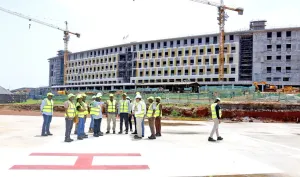
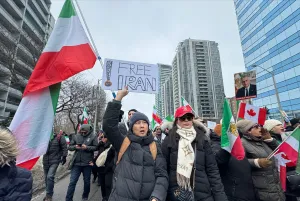
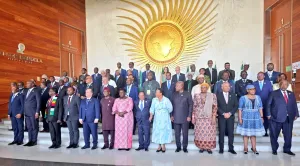
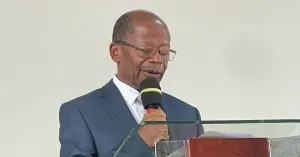
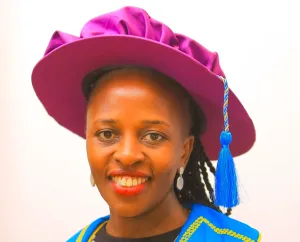




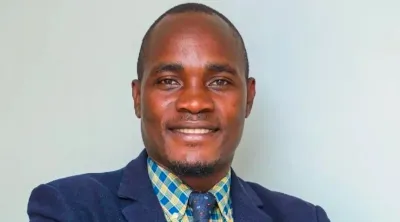

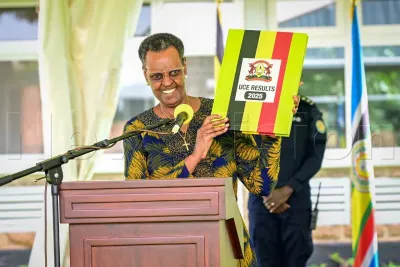
Sunrise reporter
Leave a Comment
Your email address will not be published.